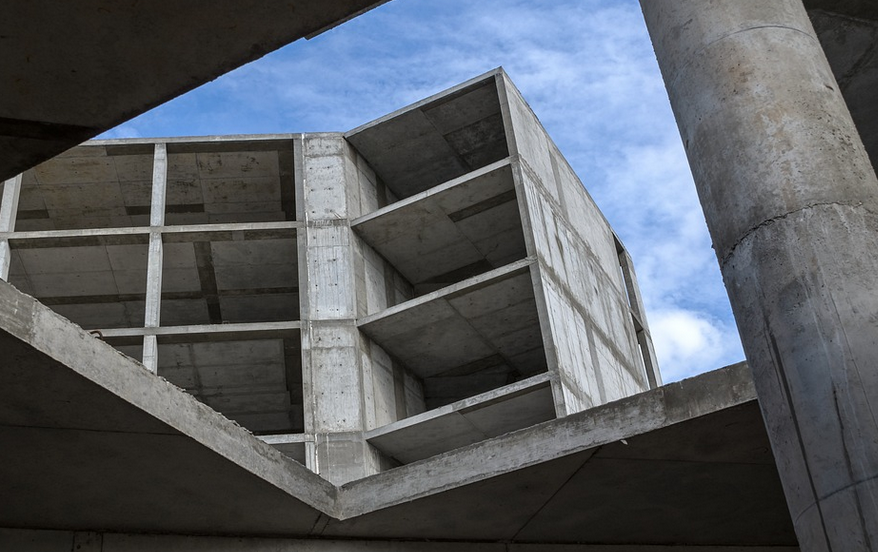Navigating the World of Asphalt
So you’re thinking about upgrading your construction project with quality bitumen? That’s fantastic – the right blend can make all the difference! Whether you’re building a bustling highway, laying down a smooth parking lot, or tackling a complex infrastructure project, having access to high-quality bitumen is essential.
The world of bitumen production and sourcing is vast, with many players vying for your attention. Choosing the right supplier can feel like navigating a labyrinthine maze. But fear not, this blog article will demystify the process and help you find the perfect plant for sale to meet your needs.
Why Buy from a Supplier?
Before we dive into buying bitumen plants, let’s talk about the immense benefits of sourcing your asphalt materials through an established supplier. Here’s why it makes sense:
- Quality Assurance: Reputable suppliers invest in quality control and testing throughout the production process, ensuring you receive a consistent supply of high-grade bitumen with the desired specifications.
- Expert Guidance: Experienced supplier professionals can offer valuable insights into choosing the right type of bitumen for your project. They’ll also help you navigate regulations and address any technical concerns.
- Access to Resources: A good supplier has access to a wide range of resources, including raw materials, logistical support, and technical expertise that can expedite your production timeline and minimize challenges.
- Financial Benefits: Many suppliers offer competitive pricing on bitumen as well as bulk orders. This can help you maximize your budget and secure long-term material availability.
Finding Your Perfect Match: Factors to Consider
The decision of where to source your bitumen plant for sale is a crucial one, impacting the success of your project. Here are some key factors to consider:
**1. Location:** Where is the plant located? Is it easily accessible and within an area that’s capable of supporting its operation? Proximity to raw material sources, transportation hubs, and workforce can all play significant roles in determining operational ease.
**2. Capacity & Production:** How much bitumen does the plant aim to produce per year? A larger capacity will allow you to meet growing demand for your work, but a smaller operation might simplify management and reduce expenses.
**3. Technology & Innovation:** How advanced is the technology used in the plant? Look for evidence of automation, digitalization, and energy-efficient practices, as these can lead to increased productivity and minimize environmental impact.
**4. Compliance & Regulations:** What are the regulatory requirements for bitumen production in your area, and what kind of compliance measures does the supplier comply with? A well-documented history of adherence to legal and safety regulations ensures you’re operating within ethical boundaries and meeting your customer’s requirements.
**5. Sustainability & Environmental Practices:** Does the plant employ environmentally friendly processes? Look for evidence of sustainability initiatives, such as waste management programs, energy-saving technologies, and responsible resource usage.
The Process: Building Your Asphalt Empire
Purchasing a bitumen plant is not just about buying an asset; it’s about building a sustainable and profitable venture. Here’s a step-by-step guide to help you navigate the process:
- **Research & Due Diligence:** Thoroughly research potential suppliers and assess their reputation, experience, production capacity, quality of bitumen, and adherence to industry standards.
- **Negotiation & Contract:** Engage in open communication with potential suppliers to negotiate the purchase price, financing options, delivery timelines, warranty coverage, and other critical aspects. A formal contract will solidify your agreement and protect both parties.
- **Site Assessment & Infrastructure:** If purchasing a plant from an existing location, you’ll need to evaluate if the site has adequate infrastructure for support, including access roads, power supply, waste disposal facilities, and potential storage areas.
- **Regulatory Approvals & Permits:** You’ll need to ensure compliance with local laws and regulations before starting production. This might involve obtaining permits for environmental protection or noise pollution.
The Road Ahead: Expansion & Growth
Investing in a bitumen plant is an exciting step towards your construction dreams. The journey may require careful planning, long-term vision, and commitment to excellence. However, the reward of building a successful business and contributing to infrastructure development will be both fulfilling and impactful.
